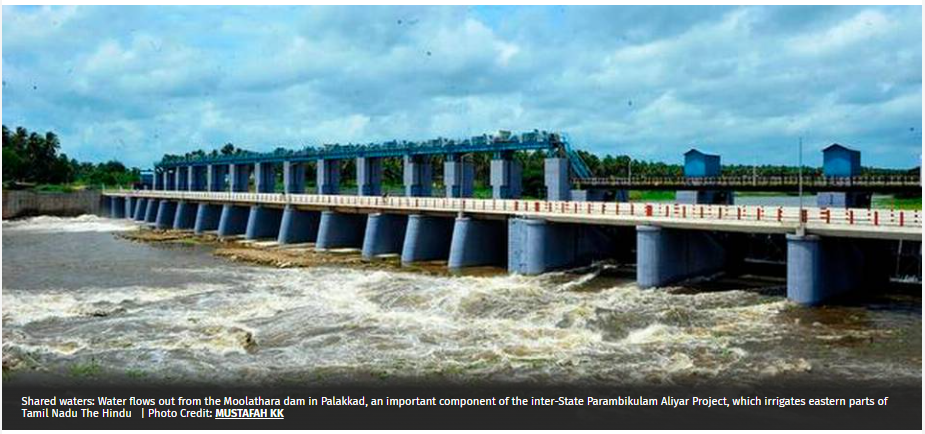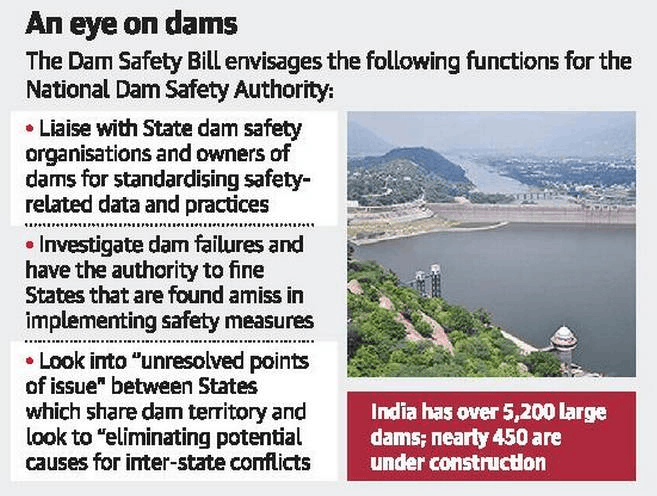Free Courses Sale ends Soon, Get It Now


Free Courses Sale ends Soon, Get It Now



Figure 2: No Copyright Infringement Intended
National Committee on Dam Safety:
National Dam Safety Authority:
State Committee on Dam Safety:
Obligations of Dam Owners:

© 2024 iasgyan. All right reserved